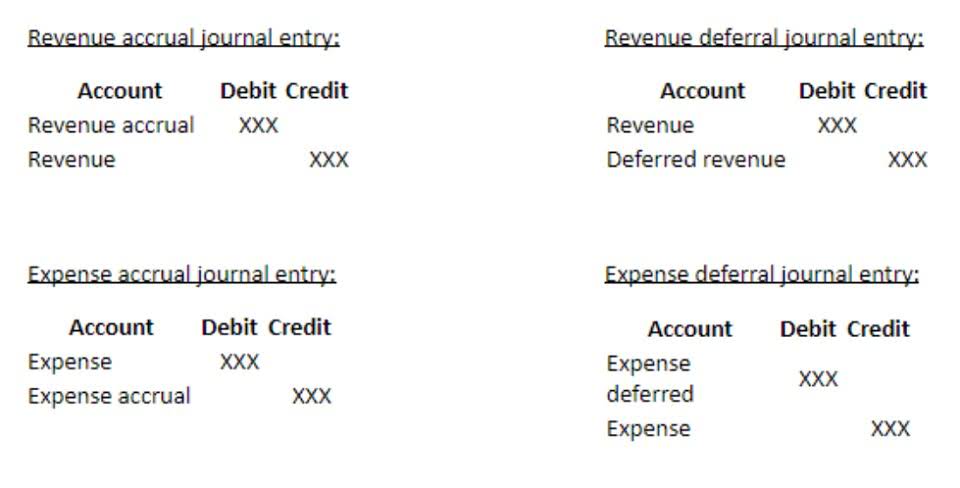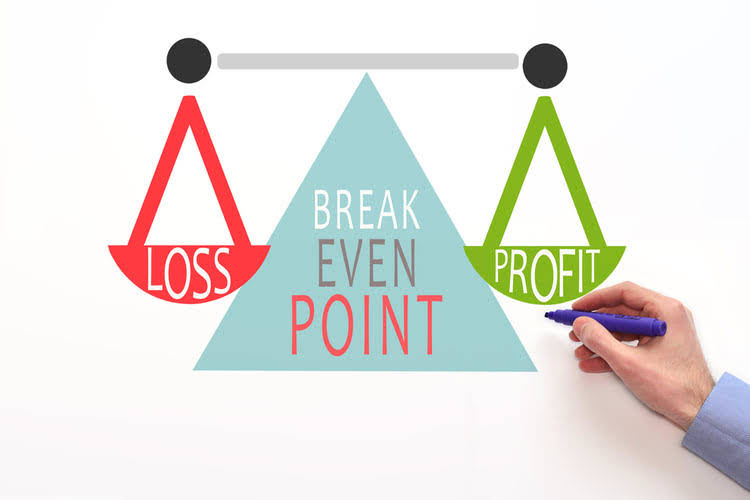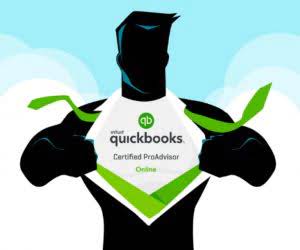
The bank then can undertake additional actions like fraud detection or checks on compliance. Now, let’s move further and discuss the work of blockchain technology in banking. The bank https://giltechestate.com/2022/03/03/cost-of-goods-sold-cogs-formula-calculator/ steps in and creates a digital transaction request by defining the sender, recipient, and sum of the transaction.
- By the time the hacker takes any action, the network is likely to have moved past the blocks they were trying to alter.
- Blockchain technology is enhancing supply chain financing by providing verifiable tracking of goods.
- This will help equip your staff with relevant skills and knowledge to leverage technology effectively.
- As a result of the above, the spectrum of skills represented in accounting will change.
- We’ll explore the possibilities that await you when you embrace the power of blockchain in accounting.
- Smart contracts can execute transactions when predefined conditions are met, reducing the need for manual processing.
- The distributed technology is available 24/7, simplifying transaction initiation and reception.
Public Sector
Accountants need to stay informed about these developments to ensure compliance and mitigate risks. There’s a lack of universally accepted blockchain standards in the accounting industry. This can create inconsistencies in how the technology is implemented and used across different firms. However, you HOA Accounting can use permissioned (private) blockchains where only authorized users can access sensitive data. To overcome this challenge, you can use private or consortium blockchains like Hyperledger, which offer better scalability and lower transaction costs.

Regulatory and Legal Uncertainty
Coupled with concerns over security, privacy, and fraud, it’s evident why many firms are turning to technological innovations such as blockchain. Paystand integrations allow businesses to accept blockchain payments with features like embedded payment links, branded payment portals, and reconciliation. Embracing this technology will be crucial for staying competitive and relevant in the accounting field. Deloitte predicts that blockchain will become a “critical asset” for financial institutions.
What’s the future for blockchain in accounting?
The process involved transferring ownership digitally on a blockchain, reducing bureaucracy and expediting the transaction. This application ensures transparency, reduces paperwork, and simplifies property transactions globally. Despite its reputation for security, blockchain systems are not entirely immune to cybersecurity vulnerabilities. While the cryptographic nature of blockchain enhances data protection, vulnerabilities can arise in smart contracts, interfaces, or the software itself.
Potential Innovations

Side with a group of accountants who have a firm commitment to using modern technology solutions. With years of experience in providing high-level accounting solutions to startups, small businesses, and hyper-growth companies, Founder’s CPA can handle all your blockchain accounting needs. Blockchain is the new buzzword of the accounting world — and for good reason. This in-depth guide will break these questions down and answer them in detail. To illustrate this in practice, say that company X wants to send money to company Y to pay an outstanding invoice related to the purchase of software (Exhibit 1). Company X inputs the transaction in the database, thereby creating a block.

Decentralization excludes a single point of failure, as no individual can alter the record, while access is granted only to trusted parties, like affiliate bank representatives. Security is about advanced cryptographic techniques such as SHA-256 to protect clients’ data, encrypt transactions, and prevent unauthorized access. It allows money to be sent directly between people without needing a middleman. It protects the sensitive data of the transaction and acts as a receipt that verifies the transaction occurred at a certain time. Although auditing will continue to evolve (as it always has), auditing is likely to be around well into the foreseeable future. Using a personal home computer in 2015, it would take about 98 years to mine just one Bitcoin.
SaaS-based Crypto Asset Management Platform

Bits of data are stored in files known as blocks, and each network node has a replica of the entire database. Security is ensured since the majority of nodes will not accept a change if someone tries to edit or delete an entry in one copy of the ledger. Public perception of blockchain and cryptocurrencies, in particular, remains uneasy. As of 2024, 39% of Americans still say they will never purchase a cryptocurrency. Private or permissioned blockchains may not allow for public transparency, depending on how they are designed or their blockchain in accounting purpose. These types of blockchains might be made only for an organization that wishes to track data accurately without allowing anyone outside of the permissioned users to see it.

This ensures that financing is released only when specific milestones are met, reducing risk and enabling faster access to capital for businesses. Fintech companies like Ripple have built blockchain-based payment networks that allow real-time settlements across currencies and borders. Additionally, stablecoins like USDC and PYUSD are being integrated into platforms such as Coinbase and PayPal, offering faster and more affordable cross-border transactions. However, blockchain financial technology offers banks a way to significantly reduce operational costs, enabling them to deliver more efficient and accessible services to a broader range of clients. The growing use of blockchain in fintech is redefining the foundations of the financial sector by introducing alternative systems rather than simply improving existing ones. It opens up new opportunities for people previously excluded from traditional banking, offering faster, more affordable, and more secure financial services.